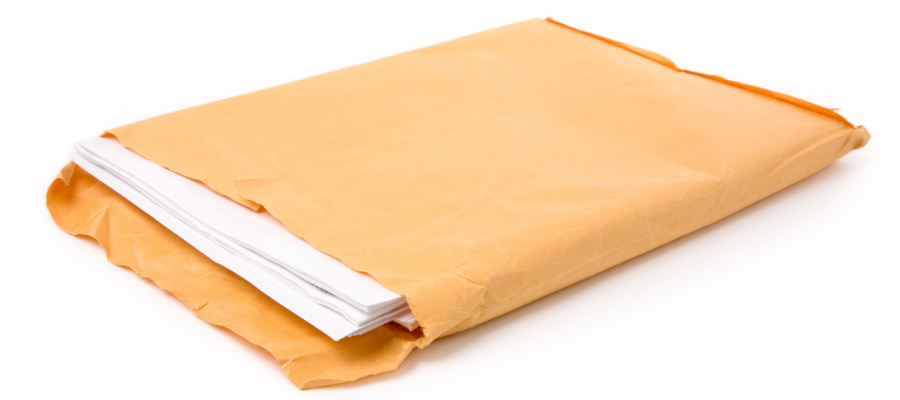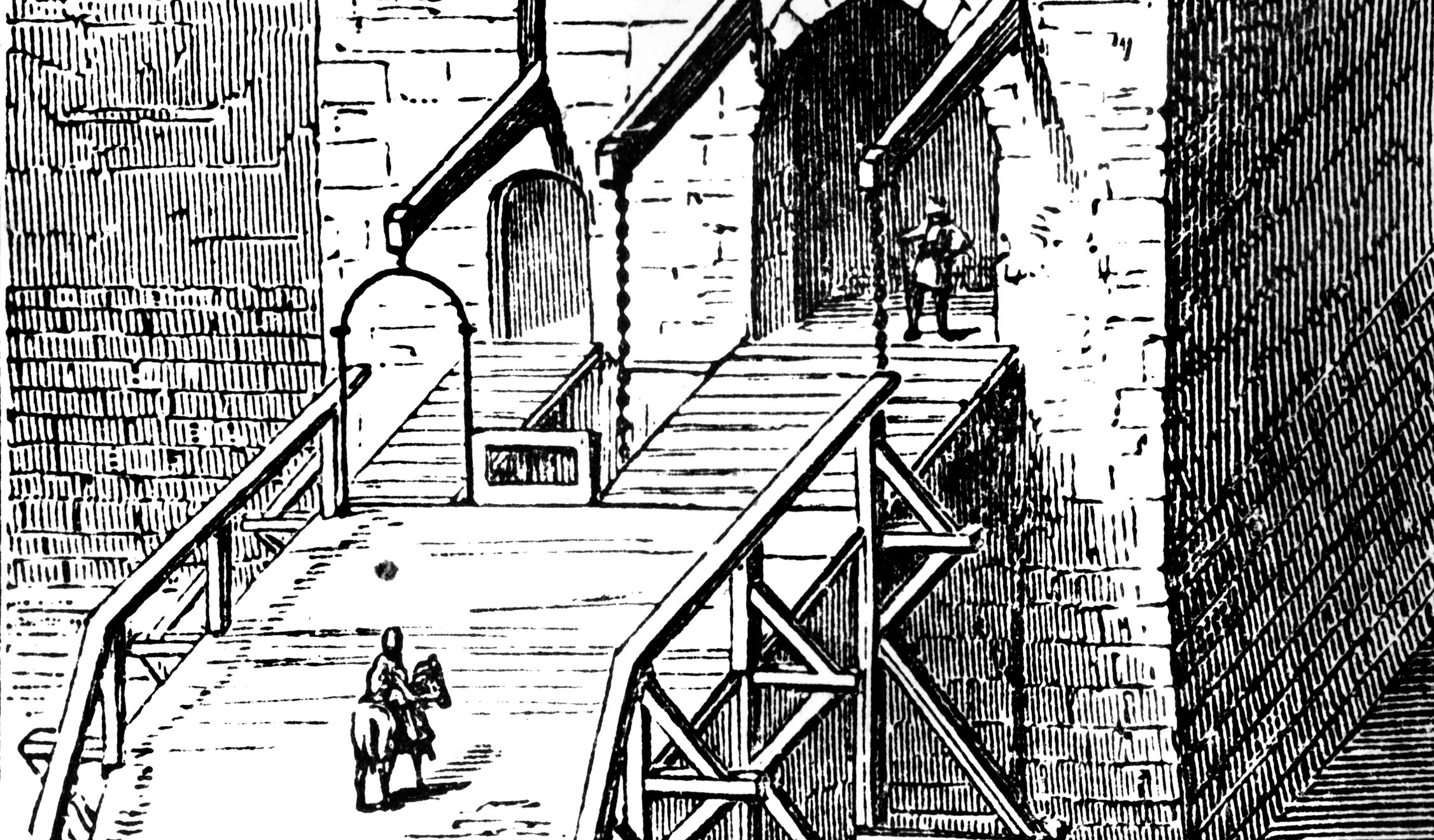Waning transparency in Canada: Is access to information broken?

At the federal, provincial and even the local level, there was a time when governments in Canada seemed to think transparency about their operations was a pretty good idea. Not anymore.
At the federal level, the issue of transparency through access to information has even been sent to the United Nations. The Nova Scotia-based Centre for Law and Democracy (CLD) in collaboration with other interested organizations has made a submission to Session 44 of the Universal Periodic Review on the Right to Information in Canada, a process overseen by the UN Human Rights Council.
“Stakeholders from almost every sector agree that the right-to-information system in Canada is fundamentally broken, despite some modest improvements with Bill C-58, and that root and branch reform of the legislation is needed,” said CLD Executive Director Toby Mendel.
The CLD submission focuses on delays and the overbroad use of exemptions to block access.
How does the United Nations come to be involved in access to information issues in Canada? As the CLD notes in its submission, “The rights to ‘receive’ and ‘seek,’ as well as to ‘impart’ information were included in the guarantee of freedom of expression found in Article 19 of both the Universal Declaration of Human Rights and the International Covenant on Civil and Political Rights, which Canada ratified in 1976.”
How does the United Nations come to be involved in access to information issues in Canada?
British Columbia’s freedom of information regime is also beset by delays and overbroad exemptions. The CCPA’s Ben Parfitt in an article last year outlined how badly transparency in BC had declined over 35 years. But in late 2021 the provincial government added one more barrier. It imposed a $10 deterrent fee on freedom of information requests. In January of this year BC’s Information Commissioner published a six-month review of the impacts of the fee. The Commissioner found that information requests had started to decline before the fee was introduced and continued to decline after. But the Commissioner particularly noted that the decline of information requests by the media after introduction of the fee was a concern.
At the local level, the media has also been targeted in attempts to reduce transparency in ways that go beyond freedom of information issues.
Reporters often provide the window through which citizens see into government. Police often go out of their way to make sure reporters don’t see what’s going on. When Vancouver police and fire officers cleared out the homeless camp in the Downtown Eastside, journalists were rounded up into an exclusion zone. A single pool camera was permitted to provide footage to all the media. Canadian Association of Journalists President Brent Jolly told Global News that the exclusion zone for reporters was “completely unwarranted and unneeded in the first place.” He said, “I think what we’re seeing here is almost a normalizing of restrictions of public access in a public place.”
And in what police claimed was a “staff error,” all four street traffic cameras that might have filmed the action were taken offline before the tents were removed.
These kinds of tactics to exclude reporters from doing their jobs to inform the public, and even arresting reporters for trying to do their jobs, have been seen previously here in BC in conflicts over environmental issues and in both Toronto and Halifax where police attempted to block reporting on the removal of homeless camps.
Canada was a world leader on the right to information but that accolade is now a thing of the past.
As the CLD notes in its submission, when access to information legislation was first introduced in 1982, “Canada was a world leader on the right to information but that accolade is now a thing of the past.”
Now Canada ranks only 51st out of 136 countries with such laws. Our standing on whistleblower laws is worse with Canada tied in last place with Lebanon and Norway among the 49 countries with such laws.
Access to information laws, protection of whistleblowers and a free and unfettered press are our safeguards for transparent and accountable governments.
For Canadians to be able to participate in their democracy, they must be able to see behind the curtain to know what government is doing at every level. Unfortunately, over the years they are increasingly being presented with smokescreens to make sure that doesn’t happen.
Topics: Democracy, Transparency & accountability


